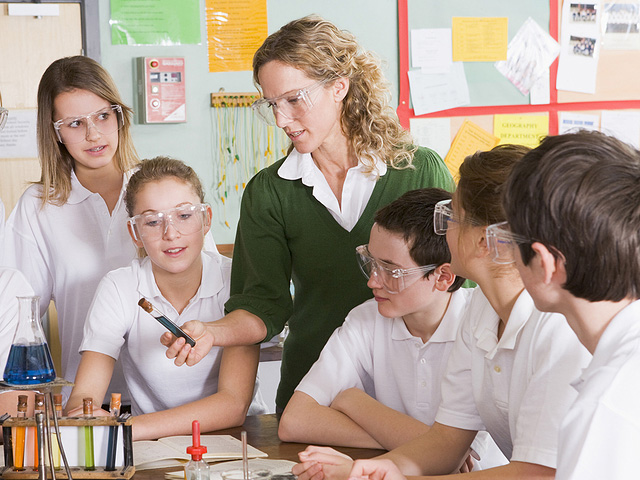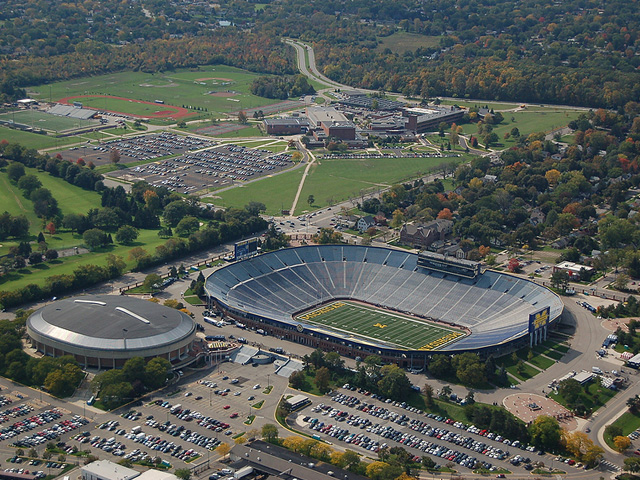Nuclear engineering Application of the breakdown of atomic nuclei and/or other sub-atomic physics, based on the principles of nuclear physics. It includes, but is not limited to, the interaction and maintenance of nuclear fission systems and components - specifically, nuclear reactors, nuclear power plants, and/or nuclear weapons. The field may also include the study of nuclear fusion, medical and other applications of (generally ionizing) radiation, nuclear safety, heat/thermodynamics transport, nuclear fuel and/or other related (e.g., waste disposal) technology, nuclear proliferation, and the effect of radioactive waste or radioactivity in the environment.
Undergraduate coursework should begin with a foundation in mechanics and dynamics of particle motion, thermodynamics, introductory computer programming, college level physics and chemistry, and a rigorous training in mathematics through differential equations.
Midway through undergraduate training a nuclear engineer must choose a specialization within his or her field that he or she will further study. Further coursework in a nuclear engineering program includes but is not limited to fluid mechanics, reactor physics, quantum mechanics, thermal hydraulics, linear circuits, radiation effects, and neutron transport.
Specialization in fission includes the study of nuclear reactors, fission systems, and nuclear power plants, the primary teachings deal with neutronics and thermal-hydraulics for nuclear generated electricity. A firm foundation in thermodynamics and fluid mechanics in addition to hydrodynamics is a must.
Specialization in nuclear fusion includes electrodynamics and plasmas. This area is very much research oriented and training often terminates with a graduate level degree.
Specialization in nuclear medicine includes courses dealing with doses and absorption of radiation in bodily tissues. Those who get competency in this area usually move into the medical field. Many nuclear engineers in this specialization go on to become board licensed medical physicists or go to medical school and become a radiation oncologist. Research is also a common choice for graduates.

















